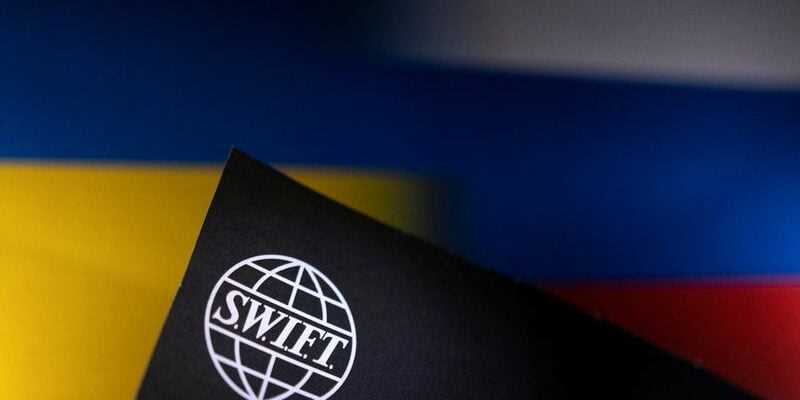SWIFT is the world’s leading international payments network. Here’s more information on what it does and why it’s important:
WHAT IS SWIFT?
SWIFT, or “Society for Worldwide Interbank Financial Telecommunication”, is a secure messaging system that facilitates fast cross-border payments and ensures smooth international trade.
Banks that connect to the SWIFT system and establish relationships with other banks can use SWIFT messages to make payments.
These messages are secure, so payment instructions are usually honored without discussion. This allows banks to quickly process large volumes of transactions.
It has become the main financing mechanism for international trade. In 2020, around 38 million SWIFT “FIN messages” were sent on the SWIFT platform every day, according to its 2020 annual report. Every year, trillions of dollars are transferred using the system.
WHO OWNS SWIFT?
SWIFT, founded in the 1970s, is a cooperative of thousands of member institutions that use the service.
Based in Belgium, SWIFT made a profit of €36 million in 2020, according to its 2020 annual report. It is run primarily as a service to its members.
WHY IS A SWIFT BAN SO SERIOUS?
The exclusion of Russian banks from SWIFT restricts the country’s access to financial markets around the world.
Russian companies and individuals will find it more difficult to pay for their imports and receive funds for their exports, to borrow or to invest abroad.
Russian banks could use other channels for payments, such as phones, messaging apps or email. This would allow Russian banks to make payments through banks located in countries that have not imposed sanctions, but as other means are likely to be less efficient and less secure, transaction volumes could decrease and costs increase.
HOW WOULD RUSSIA’S EARLY BAN AFFECT OTHER COUNTRIES?
Exporters would find it riskier and more expensive to sell goods to Russia.
Russia is a big buyer of manufactured goods. The Netherlands and Germany are its second and third largest trading partners, according to World Bank data, although Russia is not among the top ten export markets for either country.
Foreign buyers of Russian products would also have more difficulty, which could encourage them to seek other suppliers.
But when it comes to Russian oil and gas, foreign buyers may have more difficulty finding replacement suppliers.
Russia is the EU’s main supplier of crude oil, natural gas and solid fossil fuels, according to the European Commission https://ec.europa.eu/eurostat/cache/infographs/energy/bloc-2c.html.
IS SWIFT BOUND BY ECONOMIC SANCTIONS?
SWIFT is bound by the rules of Belgium and the European Union, which includes economic sanctions.
SWIFT’s website states: “While sanctions are imposed independently in different jurisdictions around the world, SWIFT cannot arbitrarily choose which sanctions regime a jurisdiction will follow.”
In March 2012, the European Union banned SWIFT from serving Iranian companies and individuals that had been sanctioned in connection with Thran’s nuclear program. The list included the central bank and other major banks.
